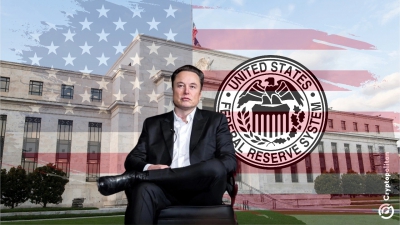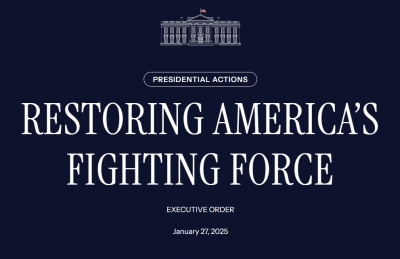
The list is an important measure under Section 1260H of the U.S. National Defense Authorization Act for Fiscal Year 2021. It is compiled and updated annually by the U.S. Department of Defense. It aims to identify and publicize companies that operate directly or indirectly in the United States and are believed to directly support China's military modernization.

Being included in this list will not directly bring any legal consequences, such as economic or technological sanctions, but it may indirectly bring about many chain reactions and adverse effects.
In addition to potentially affecting the confidence of international investors, inclusion on the list may also affect investment in overseas companies, the acquisition of GPU chips, and technical exchanges and cooperation with scientific research institutions and enterprises, such as game engines, etc.
Tencent said that being included on the list was "totally a mistake."

Tencent said in a response to The Verge that being on the list had no impact on the company’s business, but it would work hard to be removed from the list.
In 2021, Xiaomi was included in the same list and was removed a few months later.
In an article published at the end of November 2024, PC Gamer, listed a list of important gaming companies invested by Tencent overseas, and considered this growing influence "daunting". The article also stated that with Trump's return to the White House, this influence is likely to be scrutinized more than ever before.
In fact, Tencent has experienced several crackdowns in the United States in the past few years.
In 2020, then-US President Trump signed an executive order attempting to ban the download and use of WeChat in the United States, citing concerns about data security and user privacy being used by the Chinese government. Later in litigation, US courts considered that this move may violate the right to freedom of speech. In 2021, the Biden administration rescinded the executive order and instead examined WeChat's security risks in other ways.
In 2021, the Committee on Foreign Investment in the United States reviewed some of Tencent's gaming data processing, citing concerns that the user data it collected could be used by the Chinese government.















